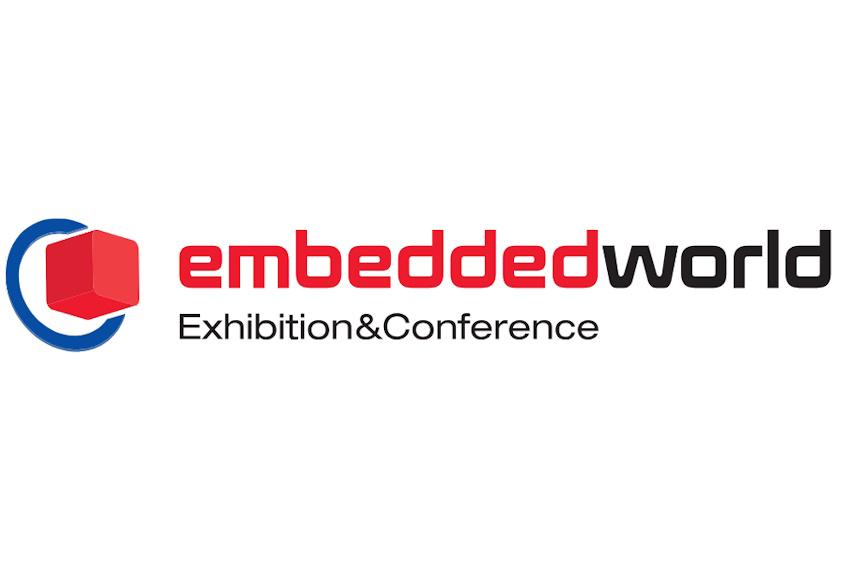The Zephyr Project will be at the Embedded Linux Conference, which is co-located with Open Source Summit North America, on June 21-24 in Austin, TX or virtually. Register for the event on the main event website: https://events.linuxfoundation.org/open-source-summit-north-america/register/.
Thursday, June 23
12-12:40 pm CDT: System Device Tree and Lopper: Concrete Examples – Bruce Ashfield & Stefano Stabellini, AMD
System Device Tree is an extension to Device Tree to describe all the hardware on an SoC, including heterogeneous CPU clusters and secure resources not typically visible to an Operating System like Linux. This full view allows the System Device Tree to be the “One true source” of the entire hardware description and helps to prevent the common (and hard-to-debug) problem of conflicting resources and system consistency. Lopper is an Open Source framework to parse and manipulate System Device Tree. With Lopper, it is possible to generate multiple traditional Device Trees from a single larger System Device Tree. This presentation will provide an overview of System Device Tree and will discuss the latest updates of the specification and tooling. The talk will illustrate multiple use-cases for System Device Tree with concrete examples, such as Linux running on the more powerful CPU cluster and Zephyr running on a smaller Cortex-R cluster. It will also show how to use Lopper to generate multiple traditional Device Trees targeting different OSes, not just Linux but also Zephyr/other RTOSes. Finally, an end-to-end demo based on Yocto to build a complete heterogeneous system with multiple OSes and RTOSes running on different clusters on a single reference board will be shown. Add this to your schedule here.
1:15-1:35 pm: Ask the Experts Session with Kate Stewart on SPDX, Safety Critical Software & Embedded Systems
Sit down with open source experts to gain knowledge 1:1 and ask all your pressing questions! No sign-up necessary – just stop by!
2:05-2:45 pm: BOF: SBOMs for Embedded Systems: What’s Working? What’s Not?
With the recent focus on improving Cybersecurity in IoT & Embedded, the expectation that a Software Bill of Materials (SBOM) can be produced, is becoming the norm. Having a clear understanding of the software running on an embedded system, especially in safety critical applications, like medical devices, energy infrastructure, etc. has become essential. Regulatory authorities have recognized this and are starting to expect it as a condition for engagement. This BOF will provide an overview of the emerging regulatory landscape, as well as examples of how SBOMs are already being generated today for embedded systems by open source projects such as Zephyr, Yocto and others, followed by a discussion of the gaps folks are seeing in practice, and ways we might tackle them.
2:55-3:35 pm: Static Partitioning with Xen, LinuxRT, and Zephyr: A Concrete End-to-end Example – Stefano Stabellini, AMD



